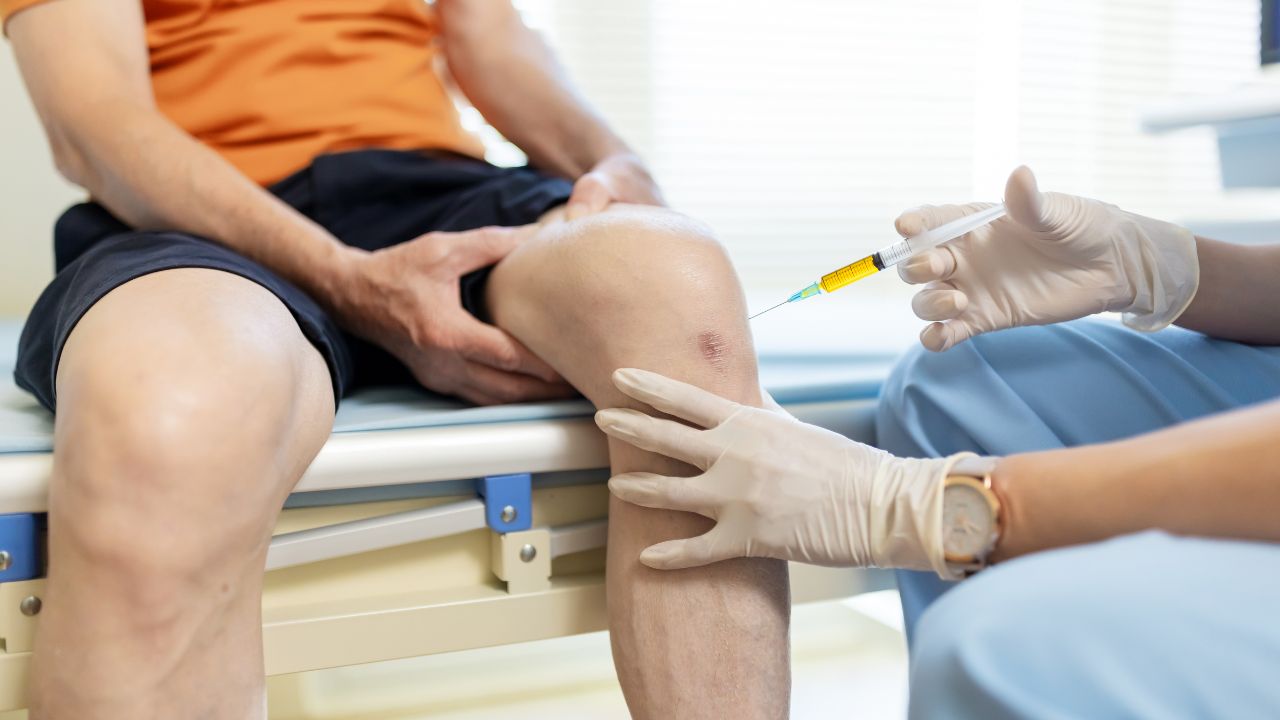
Arthritis in the knees can be a debilitating condition that affects millions of people worldwide. As the population ages, the prevalence of knee arthritis continues to rise, leading to chronic pain, stiffness, and decreased mobility. While traditional treatments like medication, physical therapy, and surgery have been the go-to options, several innovative treatments have emerged in recent years. These cutting-edge therapies aim to provide relief and improve the quality of life for individuals suffering from knee arthritis. In this article, we will explore some of these innovative treatments and what you need to know about them.
Platelet-Rich Plasma (PRP) Therapy
Platelet-rich plasma (PRP) therapy is a regenerative treatment that has gained popularity in the field of orthopedics for its potential to promote healing and reduce pain in arthritic knees. Here are some key points about PRP therapy:
- PRP is derived from the patient's own blood, which is processed to concentrate the platelets that contain growth factors.
- When injected into the knee joint, PRP promotes tissue regeneration and reduces inflammation, leading to pain relief and improved function.
- PRP therapy is minimally invasive and has a low risk of side effects since it uses the patient's own blood.
- Multiple sessions may be required for optimal results, and outcomes can vary from person to person.
Stem Cell Therapy
Stem cell therapy is another regenerative treatment that shows promise in treating knee arthritis by harnessing the body's natural healing mechanisms. Here are some key points about stem cell therapy:
- Stem cells can differentiate into various cell types, including cartilage, which is crucial for repairing damaged knee joints.
- By injecting stem cells into the knee, the goal is to stimulate tissue regeneration, reduce inflammation, and alleviate pain.
- Stem cell therapy is still a relatively new and evolving field, with ongoing research to optimize its effectiveness for treating knee arthritis.
- Cost and availability can be limiting factors for some individuals considering stem cell therapy as a treatment option.
Laser Therapy
Laser therapy, also known as low-level laser therapy (LLLT) or cold laser therapy, is a non-invasive treatment option that uses light energy to reduce pain and inflammation in arthritic knees. Here are some key points about laser therapy:
- Laser therapy is thought to stimulate cellular activity and promote circulation, which can aid in tissue repair and reduce pain sensitivity.
- Sessions are typically quick and painless, with no downtime, making it a convenient option for individuals with knee arthritis.
- Laser therapy can be used in combination with other treatments to enhance overall outcomes and improve mobility.
- While some people may experience immediate pain relief after a laser therapy session, multiple treatments are usually needed for sustained benefits.
Hydrotherapy
Hydrotherapy, also known as aquatic therapy, involves exercises and treatments performed in a pool or water-based environment to alleviate symptoms of knee arthritis. Here are some key points about hydrotherapy:
- The buoyancy of water helps reduce the impact on the joints, making exercises more comfortable for individuals with knee arthritis.
- Hydrotherapy can improve strength, flexibility, and range of motion in the knees while providing a low-impact workout.
- Warm water can also help relax muscles and ease pain, making hydrotherapy a soothing option for arthritis sufferers.
- Working with a trained therapist in a supervised setting can ensure that hydrotherapy exercises are safe and effective for each individual.
Conclusion
As the field of medicine continues to advance, innovative treatments for arthritis in knees offer new hope for individuals seeking alternatives to traditional therapies. From regenerative treatments like PRP and stem cell therapy to non-invasive options like laser therapy and hydrotherapy, there are various approaches available to help manage pain and improve function in arthritic knees. It is essential to consult with a healthcare provider or orthopedic specialist to determine the most suitable treatment plan based on individual needs and preferences. By staying informed about these innovative treatments, individuals with knee arthritis can make informed decisions about their care and take proactive steps towards a better quality of life.
Share this post: on Facebook on Google+